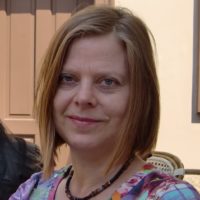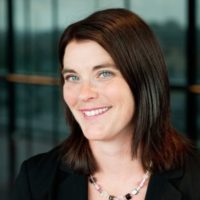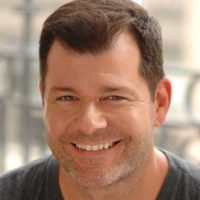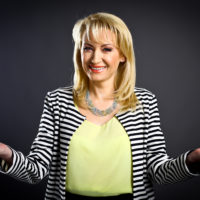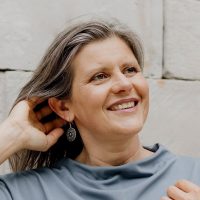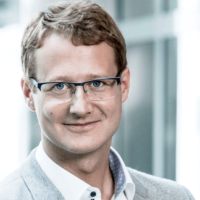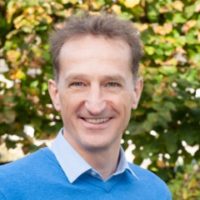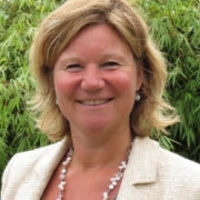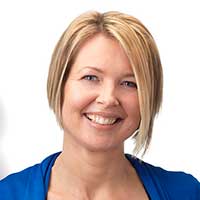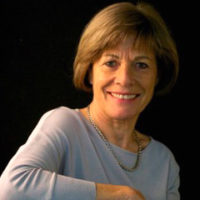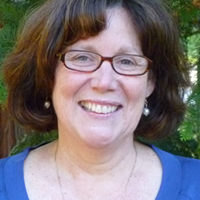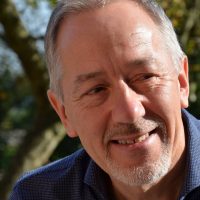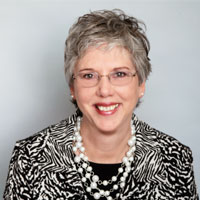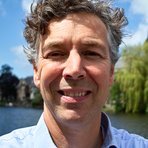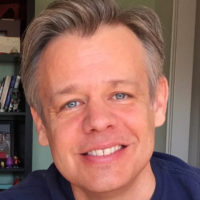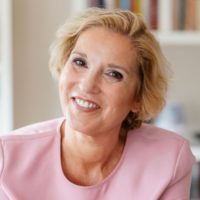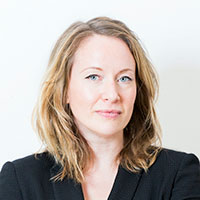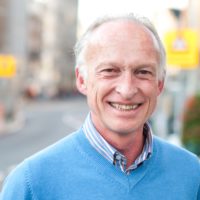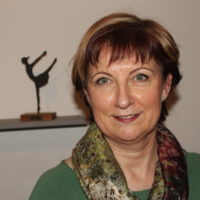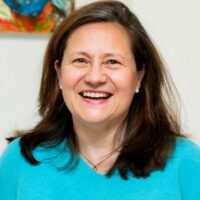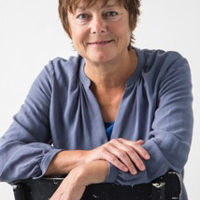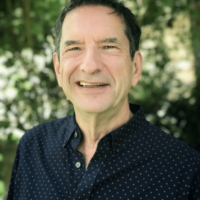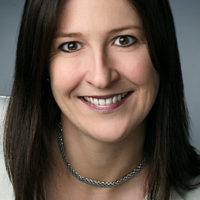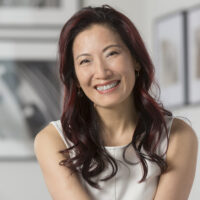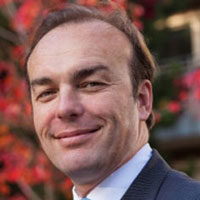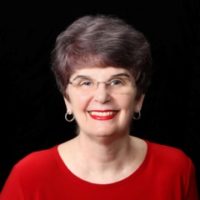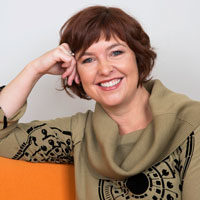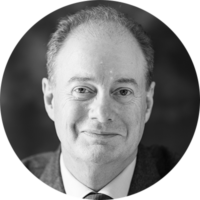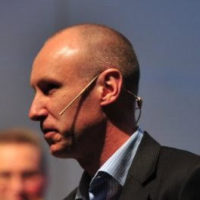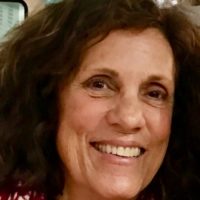One of the fundamental principles of Transformational Presence is recognizing that we have a choice in how we respond to life’s events and circumstances. While we may not be able to change what is happening right away or the circumstances we find ourselves in, we can choose who we will be within that circumstance. We can choose our response.
Certainly some challenges are bigger than others. In fact, some can seem insurmountable. Zak Ebrahim, a young Muslim man from Pittsburgh, shares such a story in his March 2014 TED talk, “I Am the Son of a Terrorist. Here’s How I Chose Peace.” (See the link below).
Zak’s seemingly insurmountable circumstance was his family of origin. His father was one of the terrorists responsible for the 1993 World Trade Center bombing in New York City. He was raised on a dogma of judgment and hatred of anything that did not conform to his father’s narrow extremist philosophy. From a very early age, his father groomed him to follow in his violent footsteps.
When Zak was 19 years old, life brought him opportunities to discover that there was another way to live – a way of openness and connection. He shares his powerful and moving story of how his fundamental beliefs were challenged and transformed, and why he is now an outspoken advocate for peace and reconciliation.
Zak’s story is a beautiful illustration of “learning forward” – the ability to have a new insight or discovery and immediately put the new learning into practice. It’s the ability to recognize instantly that something has shifted in your understanding and awareness, let go of former beliefs and perceptions that no longer feel valid, and move forward based on your new understanding.
Zak discovered that people who he had been taught to hate could actually be gentle and kind, creative and inspiring. As he opened his mind and heart to the world around him, he discovered that there were many more similarities in people from different cultures and beliefs than differences. He began to realize that he could choose his own path forward – that his past did not have to dictate his future.
Choice. We cannot control our initial thought when things happen, yet we can choose our second thought. By meeting our challenges with an open mind and heart and being willing to learn forward, we can make clear and conscious choices about who we will be, how we will show up, and how we will engage with the circumstances.
P.S. To learn more about choosing who you will be and the role you will play in the circumstances and situations of your life, see the “Four Levels of Engagement” in Chapter 2 of my latest book, Create A World That Works. The book is also available in digital format.
If you enjoyed this blog post and found it helpful or inspiring, I invite you to subscribe to our free weekly newsletter by clicking here.


